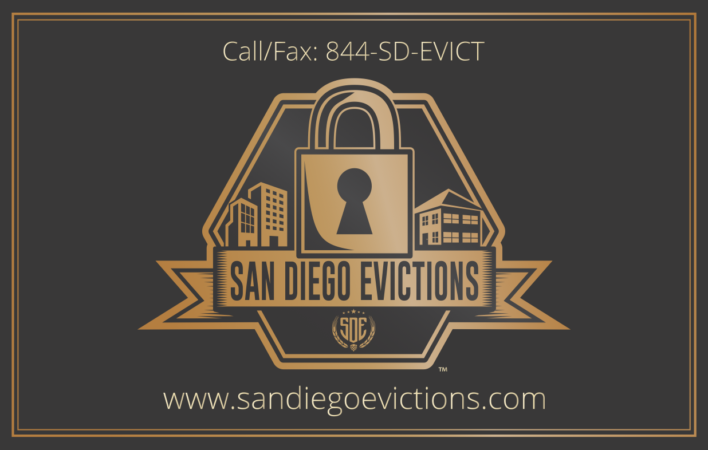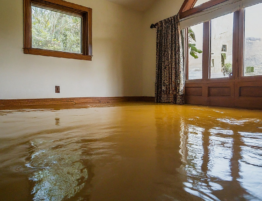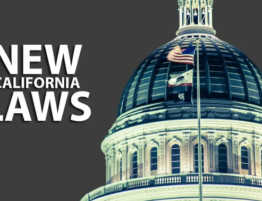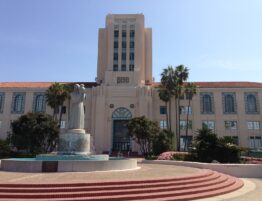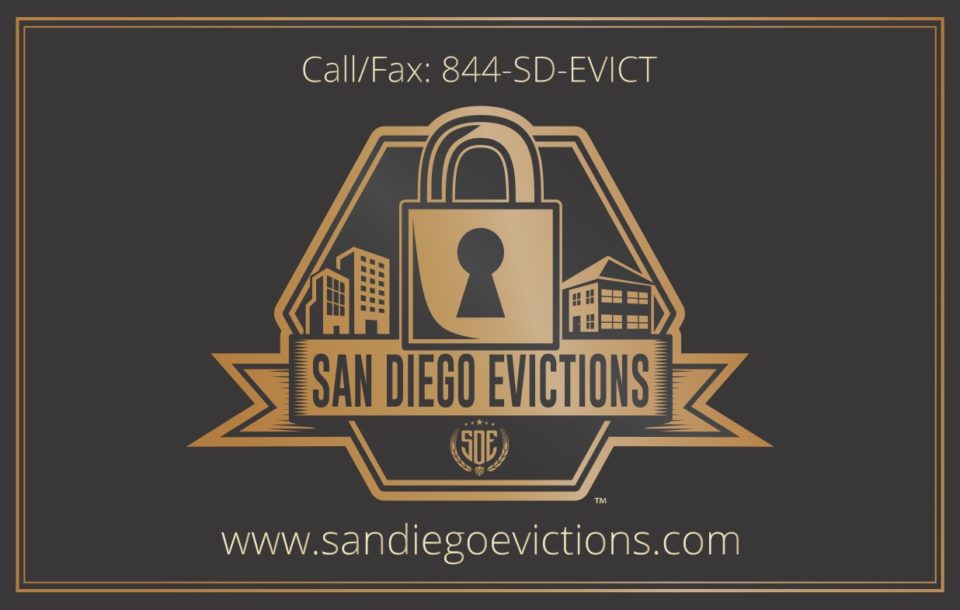On August 31, 2020, Assembly Bill 3088 was signed into law. This resulted in the codification of the “COVID-19 Tenant Relief Act of 2020” and the “COVID-19 Small Landlord and Homeowner Relief Act of 2020.”
COVID-19 Tenant Relief Act of 2020 (Code of Civil Procedure 1179.01 et seq):
Under the Tenant Relief Act, there is no longer a 3-day pay or quit option for Landlords/Owners for rents due between March 1, 2020, and August 31, 2020. Instead, Landlord/Owners must serve a 15-day (excluding Saturdays, Sundays and Judicial Holidays) along with a blank tenant declaration specifying non-payment is due to Covid 19 hardship.
Provided the tenant returns the tenant declaration within 15 business days of the notice, the landlord/owner cannot start an eviction. In fact, if the tenant returns the declaration for rents due March 1, 2020 through August 31, 2020, the tenant can never be evicted for non payment of that rent, and the owner must seek a “consumer judgment” no earlier than March 1, 2021. If the tenant returns the declaration for rents due Sept 1, 2020 through Jan 31, 2021, the tenant is only obligated to pay 25% of the rent due to avoid eviction AND has until Jan, 31, 2021 to do so.
On the other hand, if the tenant fails to return the signed declaration, the landlord/owner may commence the eviction, but only after October 5, 2020 and with the understanding the court will likely be forgiving to a tenant who fails to timely comply.
Only in the event the owner/landlord has “proof” of the tenant’s household income being greater than 130% of the median household income for the area (approx. $125,000 in San Diego) can the owner demand supporting documentation of financial hardship by way of yet another notice. If the tenant thereafter returns the tenant declaration and documentation, the same rules apply as above.
In addition, the law now REQUIRES landlords to serve any tenants owing rents between March 1, 2020 and Sept 1, 2020 a written notice of this new law in accordance with Civil Procedure Section 1179.04 no later than September 30, 2020. Although the law does not specify, there is concern failure to comply may result in a waiver of the rents due.
In theory, the law does not “waive” rents, but rather provides an extension of time for tenants to pay the rents. Specifically, deferred rents are due no later than February 1, 2021. However, as mentioned above, if tenants fail to pay, the owner must seek a consumer judgment no sooner than March 1, 2021, and can never evict for non payment (except the 25% portion of rents due Sept 1, 2020 through Jan 31, 2021). The law extends the small claims jurisdiction to allow owners to seek the consumer judgment through small claims at the owner’s election (as opposed to filing a regular civil lawsuit). Any landlord/owner who tries to evict a tenant in violation of this new law could face increased penalties.
Starting on September 2, 2020, a landlord may file an unlawful detainer action for any reason other than non-payment of rent, provided the landlord complies with all other laws. This provision conflicts with the CDC “order” precluding (nearly) all evictions through December 31, 2020. Governor Newsom has denounced the CDC order; however it will be interesting to see how this plays out, given the fines for violating the federal CDC order are steep (up to $500,000 and jail time). If an owner/landlord receives a declaration from a tenant referencing the CDC order, the owner/landlord should immediately contact their attorney before proceeding on any collection or eviction matters.
This Act does not apply to commercial tenants, only residential, however there may still be local moratoriums in place for commercial tenants.
Sample forms are available HERE through the DRE; however we recommend you consult an attorney who specializes in landlord/tenant rights.
Summary of new notices:
- Notice from State of California for any tenants with any unpaid rent March 1, 2020 to Aug 31, 2020. This notice must be sent to ALL TENANTS by Sept. 30, 2020.
- 15 Business Day Notice (rents from March 1, 2020 to Aug 31, 2020). May be served on tenants owing rent for that period. MUST INCLUDE A TENANT HARDSHIP DECLARATION.
- 15 Business Day Notice (rents from Sept 1, 2020 to January 31, 2021). May be served on tenants owing rent for that period. MUST INCLUDE A TENANT HARDSHIP DECLARATION.
- Tenant Hardship Declaration. MUST be attached to any 15 day notice.
- High Income Household Notice (high income individuals). May be served to tenants with previously verified household income of 130% of the local median income (but no less than $100k) and requires tenants to provide supporting documentation.
COVID-19 Small Landlord and Homeowner Relief Act of 2020 (Civil Code Section 3272.01 et seq):
This legislation extends anti-foreclosure protections in the California Homeowner Bill of Rights to small landlords (who own 1-4 units that are non-owner occupied) if the landlord is an individual, the tenant moved in prior to March 4, 2020, and the tenant fails to pay rent due to COVID19 hardship. It also provides new accountability and transparency provisions to protect small landlord borrowers who request CARES-compliant forbearance, and provides the borrower who is materially harmed the ability to file a lawsuit.
This article is for informational purposes only and is specific to the laws of the State of California except as otherwise referenced. For more information please contact San Diego Evictions and ask to speak with an attorney.
